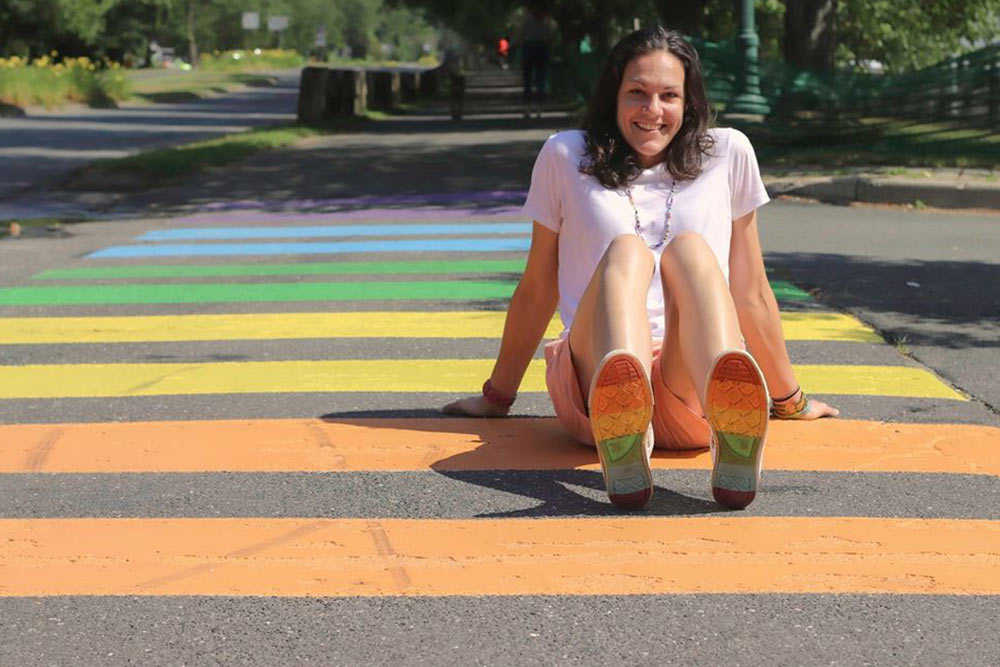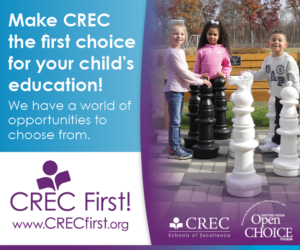Activism and advocacy on the local level bring the greatest impact
By Gannon Long / Photography by Bleeding Heart Shots
*This is an updated, corrected version of a story that previously appeared in print
Do you feel discouraged about the state of the world? Even the most rose-colored glasses are fogging up these days. Less than halfway into 2020, people living in the United States endured a presidential impeachment, a global pandemic, and an economic collapse. Climate change. White supremacy. Poverty. Consider the most existential threats our species faces today. Imagine what our world would look like if every one of us treated them as urgently as we are responding to a pandemic. What would we be doing right now?
While we can spend hours consuming and discussing national news, decisions made close to home are what impact our communities most deeply. Finding your niche as an involved citizen is a positive way to channel stress and despair about larger-scale politics. Acting locally, one person makes a more noticeable impact than on the national scale. Your mayor, state senator, and town council represent much smaller areas, with a lower ratio of constituents, than federal congresspeople or senators. No public servant is an expert on every single policy issue they address. They rely on others to guide them; that’s where we come in.
Every one of us offers a unique vantage point, knowledge base, and skill set; we all benefit when we share our diverse assets in the public square. What do you experience on a regular basis that you think decision-makers should know more about? What role do neighborhood groups, commissions, city council, lobbyists, nonprofits, large employers, citizens, and others play in your town’s decision making?
Sharing summaries and updates with other people helps connect us socially, which chips away at our feelings of isolation. Who can catch you up on the issue: neighbors, children’s classmates’ parents, coworkers? What have they already tried? Which city staff can connect you with project plans? Do elected officials support, oppose, or know enough to move forward? What skills can you contribute to lighten the load for others?
Look online for minutes and agendas of public meetings, providing a record of participants and a timeline of actions. If you want to see change in your neighborhood, join a local civic association or revitalization group. If you want to learn more about a particular issue affecting your community, such as speeding cars or drug addiction, attend monthly city council committee meetings. If you want to follow how decisions are made, request documents and emails through the Freedom of Information Act.
Another approach is to join an issue commission. Though these groups’ decisions are not binding, they have a formal relationship with municipalities that gives them oversight power. When ordinary citizens can’t get meetings with high-level city staff, commissions can invite them to share information publicly, and on a regular basis. Sometimes, one person in a room with a cellphone camera is enough to change the discussion. This past year, the city of Hartford revised outdated sexual harassment policies after months of meetings where commission members illuminated an inadequate process and recommended reforms.
More often than not, change happens because individual people choose to tell stories of our lived experiences. I first joined a picket line at 8 years old, when my Hartford teacher parents brought us to protest budget cuts that would have left our schools without arts. As a 19-year-old college student, I joined thousands on the streets of Chicago, protesting the imminent Iraq War that devastated our generation. A community organizer for Love Makes a Family at 27, I celebrated marriage equality at our state capitol. In 2018, I ran for office, leading a primary challenge against a long-time state representative.
The issues I organize around today include transportation safety and access, police accountability, public education, and government transparency. Contrary to what nervous politicians may suggest, activists are not angry people who seek fights. We are empathetic observers and communicators, whose moral codes and relative privilege compel us to advocate for change.
Uniting with other folks around a common goal improves one’s self esteem and relationships with other people, and amplifies our collective impact. As we join together, we must also consider: who’s not represented in a decision-making process? Why aren’t they, how might they get there, and what would they say? Each campaign we experience forms who we are – developing our skills, educating our communities, deepening our connections.
The Covid-19 lockdown has affected every aspect of our lives, including how our governments operate, and how we engage civically. How do we show up, especially when we can’t show up? Our city councilors and state legislators are figuring out how to do more outreach on the ground and less orating in their august workspaces. They are organizing online meetings and town halls. How are Covid-19 accommodations making civic engagement more accessible, and how can we maintain these relationships and practices after the pandemic subsides?
Each of us, regardless of age, is experiencing several once-in-a-lifetime events all together. This moment in history provides a natural reflection point for us as human beings. If you would like the world to be better than it is today, you have a part to play in how we get there.
Gannon Long is a lifelong activist and Hartford native with professional experience in communications, community organizing, and specialty food. An avid pedestrian who ran for public office in 2018, she is Policy & Public Affairs director at Operation Fuel. If your online media consumption indulgences include unabashed feistiness, follow Gannon’s Twitter feed @CTGlo







More Stories
Connecticut Sun: Playing for Good
Call Him Mister Connecticut: Jean Carlo Salazar’s Journey as Nurse, Model and Pageant Contestant
Ensuring a Seat at the Table